Restaurant kitchens are notorious for being busy and demanding environments, where efficiency and safety are of paramount importance. Among the various factors that contribute to the smooth functioning of a restaurant kitchen, the choice of kitchen tiles plays a significant role. In this article, we will explore the benefits of using high-quality tiles in restaurant kitchens and the factors to consider when selecting the perfect tiles for your establishment. 1. Hygiene and Cleanliness: Maintaining a hygienic and clean environment is crucial in any restaurant kitchen. High-quality kitchen tiles, such as ceramic or porcelain tiles, are designed to resist bacteria, mold, and mildew growth. Their non-porous surfaces prevent liquid absorption, making them easy to clean and sanitize. This is vital to avoid cross-contamination and ensure food safety.
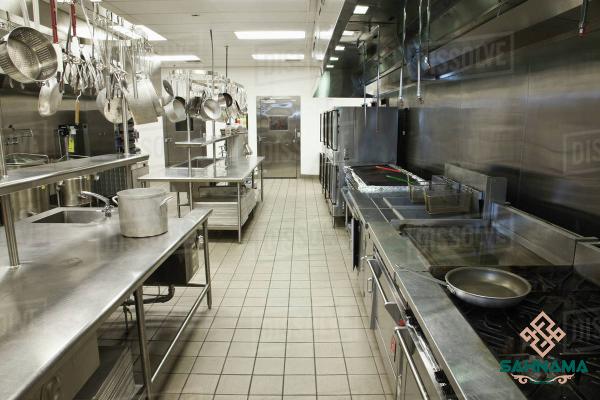
.
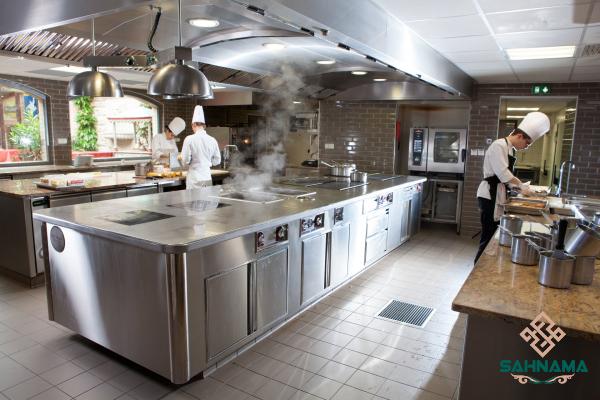 2. Durability and Longevity: Restaurant kitchen tiles are exposed to heavy foot traffic, spills, and high heat, making durability essential. High-quality tiles made from sturdy materials, like granite or quarry tiles, are highly resistant to scratches, impact, and abrasions, ensuring they can withstand the demands of a bustling kitchen environment. Investing in quality tiles reduces the need for frequent replacements, saving both time and costs in the long run. 3. Slip Resistance: Slip and fall accidents in the kitchen can result in serious injuries and legal liabilities. Therefore, opting for tiles with slip-resistant properties is imperative. Look for tiles with textured surfaces or a high coefficient of friction, which provides traction even when wet. This ensures the safety of your staff, reducing the risk of accidents and maintaining productivity. 4. Heat Resistance: Restaurant kitchens are filled with high-temperature equipment, such as stovetops, ovens, and grills.
2. Durability and Longevity: Restaurant kitchen tiles are exposed to heavy foot traffic, spills, and high heat, making durability essential. High-quality tiles made from sturdy materials, like granite or quarry tiles, are highly resistant to scratches, impact, and abrasions, ensuring they can withstand the demands of a bustling kitchen environment. Investing in quality tiles reduces the need for frequent replacements, saving both time and costs in the long run. 3. Slip Resistance: Slip and fall accidents in the kitchen can result in serious injuries and legal liabilities. Therefore, opting for tiles with slip-resistant properties is imperative. Look for tiles with textured surfaces or a high coefficient of friction, which provides traction even when wet. This ensures the safety of your staff, reducing the risk of accidents and maintaining productivity. 4. Heat Resistance: Restaurant kitchens are filled with high-temperature equipment, such as stovetops, ovens, and grills.
..
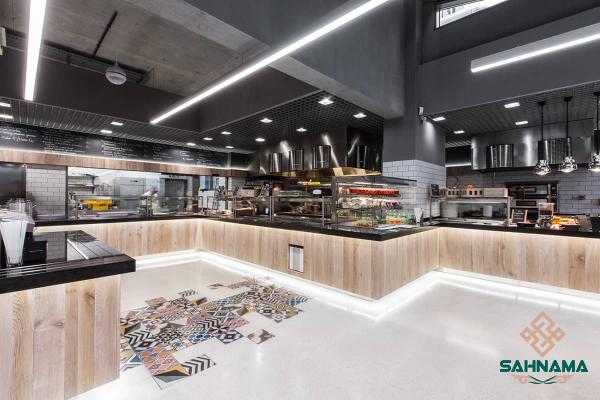 To prevent damage, it is vital to choose tiles that can withstand heat. Heat-resistant tiles, like ceramic or porcelain, are an ideal choice as they can withstand high temperatures without warping or cracking. This ensures the longevity of your floors and reduces maintenance expenses. 5. Design and Aesthetic Appeal: Beyond functionality, the aesthetic appeal of restaurant kitchen tiles should also be considered. Tiles are available in various colors, styles, and patterns, allowing you to reflect your restaurant’s theme and create a visually appealing space. Choosing the right tiles can enhance the ambiance, making it more enjoyable for both staff and customers. Selecting the Perfect Tiles: When choosing kitchen tiles, keep the following factors in mind: – Consider the kitchen’s specific needs, such as the type of cuisine, kitchen layout, and foot traffic patterns. – Opt for tiles that meet industry standards for slip resistance and hygiene.
To prevent damage, it is vital to choose tiles that can withstand heat. Heat-resistant tiles, like ceramic or porcelain, are an ideal choice as they can withstand high temperatures without warping or cracking. This ensures the longevity of your floors and reduces maintenance expenses. 5. Design and Aesthetic Appeal: Beyond functionality, the aesthetic appeal of restaurant kitchen tiles should also be considered. Tiles are available in various colors, styles, and patterns, allowing you to reflect your restaurant’s theme and create a visually appealing space. Choosing the right tiles can enhance the ambiance, making it more enjoyable for both staff and customers. Selecting the Perfect Tiles: When choosing kitchen tiles, keep the following factors in mind: – Consider the kitchen’s specific needs, such as the type of cuisine, kitchen layout, and foot traffic patterns. – Opt for tiles that meet industry standards for slip resistance and hygiene.
…
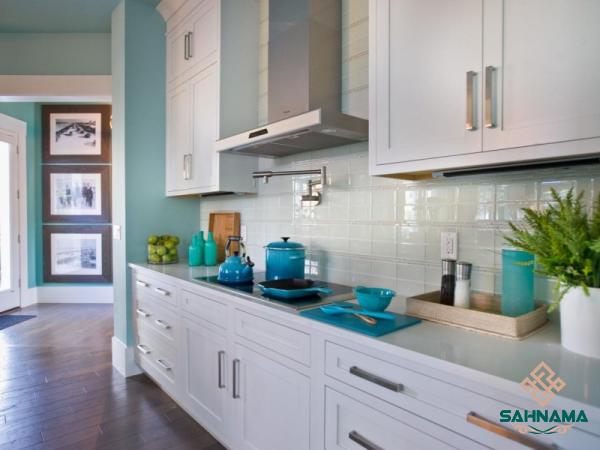 – Determine the appropriate size and thickness, considering the weight they will bear. – Evaluate the ease of installation and maintenance requirements. Conclusion: Restaurant kitchen tiles play a critical role in promoting efficiency, hygiene, and safety in busy culinary environments. By investing in high-quality, durable, and slip-resistant tiles, restaurant owners can create a functional and visually appealing space that enhances kitchen operations. Carefully considering the specific requirements of your operation will ensure that your chosen tiles meet your needs and contribute to the success of your restaurant.
– Determine the appropriate size and thickness, considering the weight they will bear. – Evaluate the ease of installation and maintenance requirements. Conclusion: Restaurant kitchen tiles play a critical role in promoting efficiency, hygiene, and safety in busy culinary environments. By investing in high-quality, durable, and slip-resistant tiles, restaurant owners can create a functional and visually appealing space that enhances kitchen operations. Carefully considering the specific requirements of your operation will ensure that your chosen tiles meet your needs and contribute to the success of your restaurant.

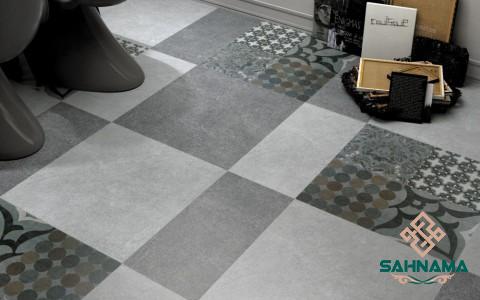
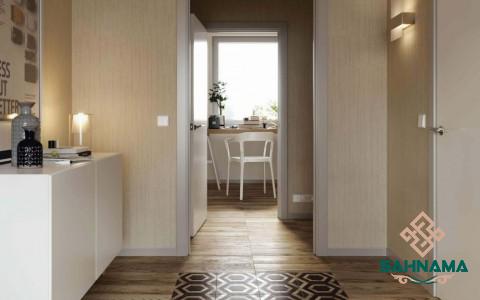
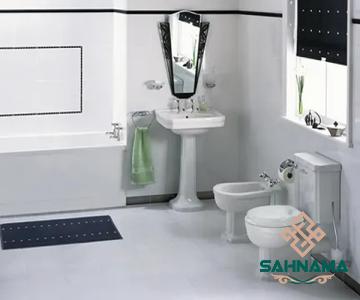
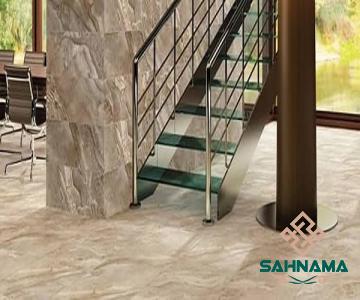
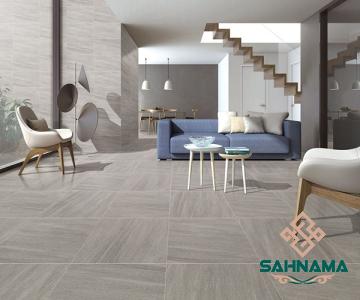
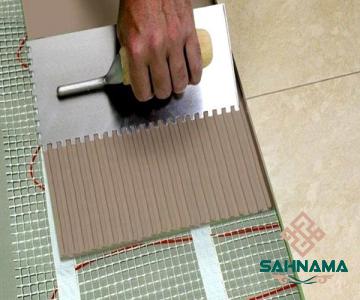
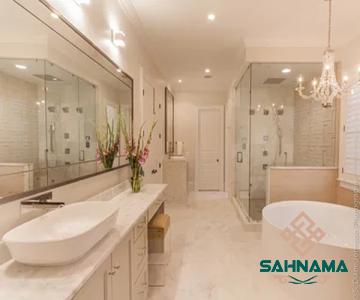
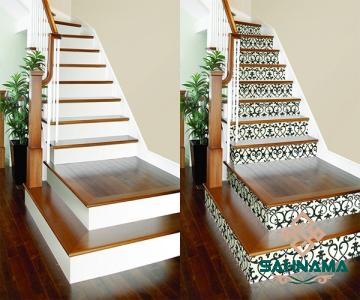

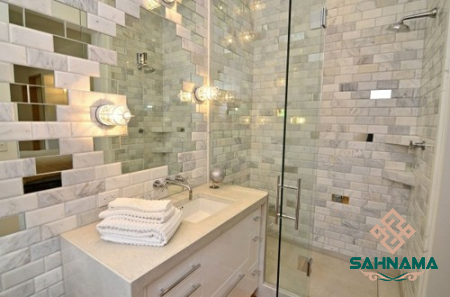
Your comment submitted.